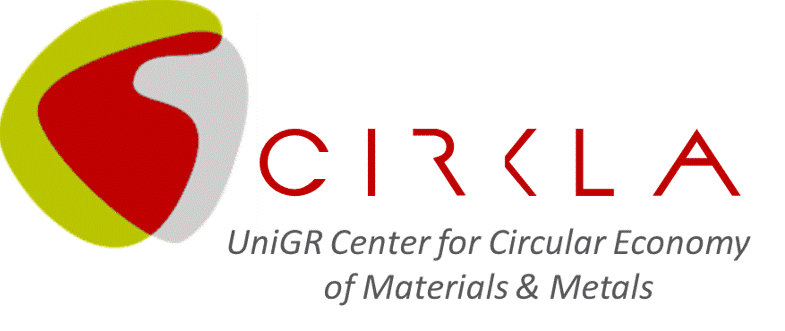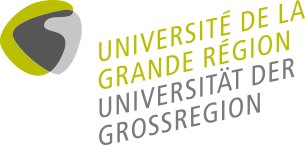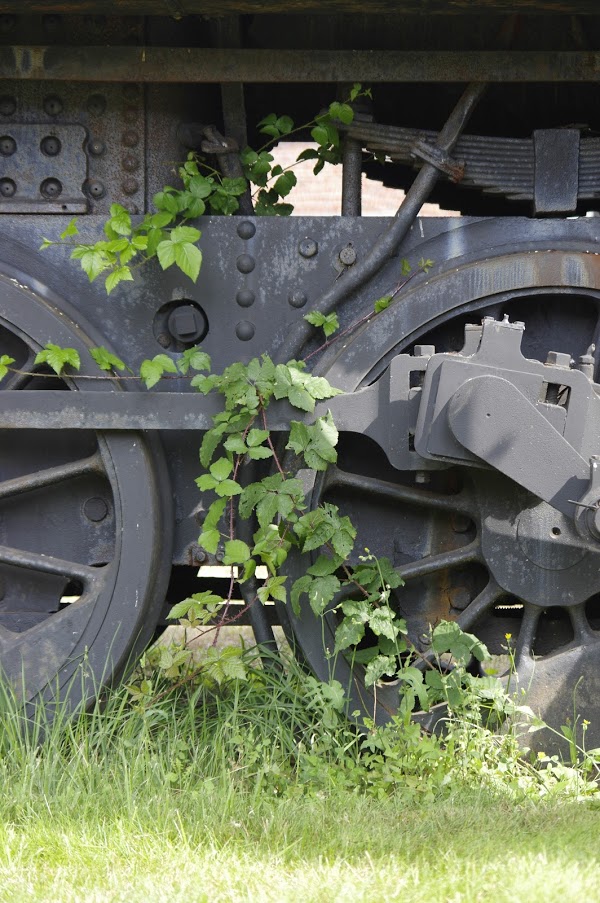Materials and metals in a circular economy, an opportunity for the Greater Region
The Green Deal identifies the development of a circular economy as one of the major challenges of our time. This challenge can only be met through strong actions in the field of innovation and a redeployment of complete value chains across Europe, which will also reduce strategic dependence on other regions of the globe.
The University of the Greater Region (UniGR) has a long tradition in overcoming borders for the sake of learning and scientific progress. In June 2020, UniGR launched the Center of expertise UniGR-CIRKLA in the field of “materials and metals in a circular economy” in order to reinforce interregional cooperation for innovation.
After the public event in the morning, internal workshops for researchers of the UniGR partner universities will be held in the afternoon. Three fields of research and innovation will be discussed in seperate workshops (Processing & Recycling, Materials & Product Design, Buildings as Materials Banks), followed by a plenary co-creation workshop to outline joint projects.
Join us on June 1st for these online workshops!
Online event in English, registration mandatory.
N.B.: This event is only for members of the UniGR partner universities (Technische Universität Kaiserslautern, the University of Liège, Université de Lorraine, the University of Luxembourg, Saarland University, Trier University and htw saar).

Programme
14.00-14.15: Introduction
14.15-15.30: Three simultaneous thematic workshops
Materials & Product Design
The new driver of material development in the coming decades will be recyclability which means that materials, components, products and their assembly modes will have to be designed in such a way that repair and functional recycling is achievable (with no loss of original properties). A corollary of this is that new materials will also have to be able to accommodate a much larger share of recyclates. This will have a major impact on the material processing chain, but is an absolute prerequisite to aim at a more circular economy. A cross-disciplinary cooperation between materials, manufacturing and design will be an essential ingredient of success.
Buildings as Material Banks
The construction sector is the largest user of materials and as such the main contributor to the circular economy (by volume). Smart cities and regions have to integrate the anthropogenic stock of materials and manage it as an urban mine of future construction materials. To achieve a more circular economy in the construction sector, material selection, buildings design (ex. modularity) and durability (lifetime) will have to be reconsidered. Architects, engineers and infrastructure planners have to cooperate to tackle this challenge making sure that the changes are also socially accepted.
Urban Mining & Recycling
The quality of urban mines very much depends on collection strategies: How do we collect back products at end-of-life? How do we group them together? How do we organize logistics to collect sufficiently large tonnages, etc.? Further down the value chain, innovation is absolutely needed to improve sorting (sensor-based sorting, AI, IoT,...) and more broadly to lower the environmental impact of recycling processes (shredding, bio-/hydrometallurgy, ) while preserving the functional properties of materials.
15.30-16.30: Co-creation workshop
Outline of innovative projects for the Circular Economy in the Greater Region.
Contact : cirkla@uni-gr.eu




